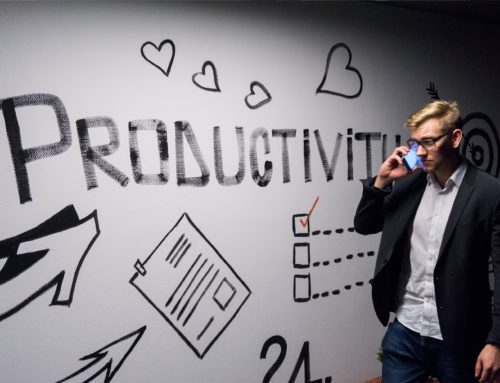Sure, we all have complaints about work, but there are productive and unproductive ways to express this frustration. When an individual or team begins to frequently complain—whether about a project, client, colleague, or the office structure—without focusing on a solution, this negative talk can quickly have devastating impacts on a workplace.
Complaining Greatly Affects an Employee’s Work Product
It’s true that there is real power in positive thinking; by focusing on and imagining solutions to problems, we are more likely to create satisfactory outcomes. Unfortunately, the opposite is also true: fixating on the negative makes poor outcomes more likely to happen. This comes as a result of decreased attention to external factors, which lowers our creativity and ability to problem solve. The more we complain about a particular issue, the more insurmountable it can actually seem over time.
Furthermore, when an employee continually complains without looking for productive solutions, overall motivation is all but squandered. Pretty soon, the employee stops looking for any sort of resolution, and just accepts the negative situation at hand. This means that they are less likely to be happy in their position and not feel dedicated to the company. In terms of work product, this generally means that the quality is lowered, and the process can take much longer.
Negativity Can Impact One’s Mental and Physical Health
Complaining is typically coupled with negative thinking, which can manifest itself in stress, anxiety, and anger. Prolonged negative thinking can lead to mental and emotional health issues like depression, which has been shown to lower immune systems and result in digestion problems, sleep issues, headaches, and more. What may start as a few “seemingly harmless” complaints could end up leading to an employee taking more sick days, which likely results in greater stress and dissatisfaction in the workplace. In this way, complaints and negative thinking can be self-perpetuating, and have a far greater impact on overall productivity over time.
Dissatisfaction Can Quickly Spread Across Teams
Prolonged complaining and negative thinking doesn’t just affect the individual employee, but can often spread throughout the entire workplace. There can certainly be times when a frustrating client or tight deadline can lead to positive shared experiences, bonding and camaraderie, but when negativity starts to take over it can have devastating effects on an office. Pretty soon, all of the consequences listed above can start to take place on a much grander scale, which can be extremely difficult for a company to bounce back from.
Look for Ways to Maintain Positive, Productive Behavior
A little complaining has the ability to quickly snowball into something much larger, which can greatly impact a company’s deliverables and overall workplace morale. In order to combat this, look for ways to integrate productive team building exercises. Just as negativity can breed negativity, positivity can also be self-perpetuating. When team members are surrounded by support, they are more likely to productively handle their own stressful situations. That being said, there may also just be some “bad apples” that will continually find ways to bring themselves and others down. If these individuals are not receptive to conversations about finding better ways to express their frustration, it may be best for all parties if they begin to look for a new position.








